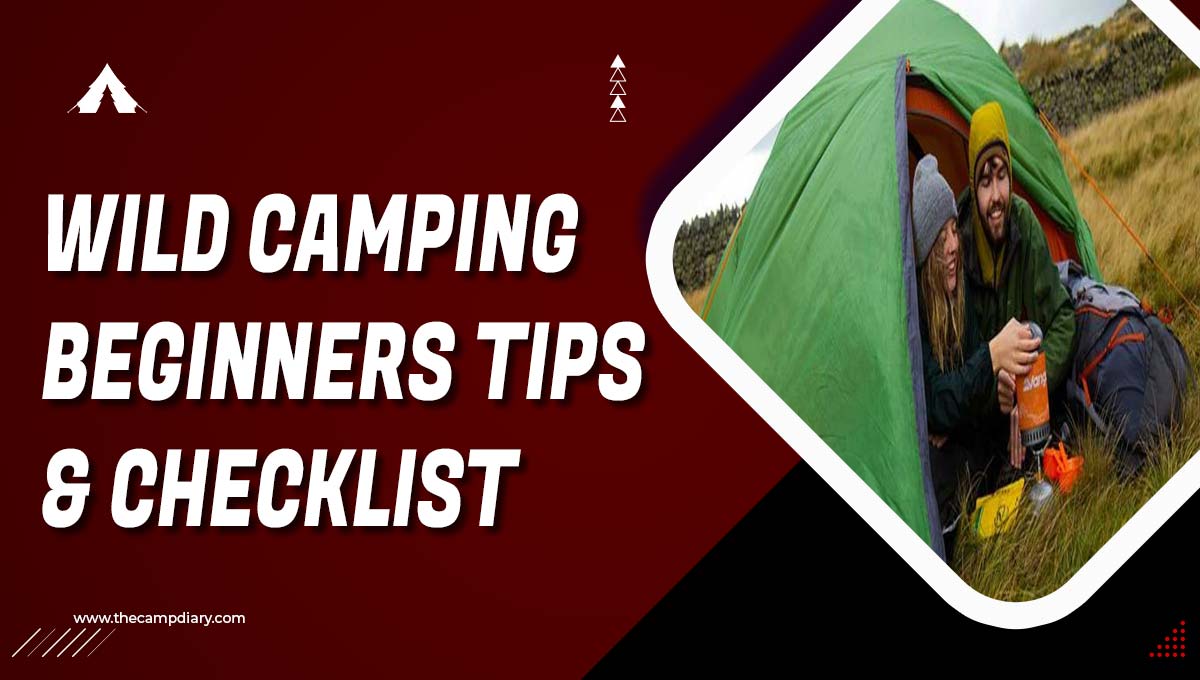Camping in a recreational vehicle (RV) is a great way to experience nature while still having the comforts of home. However, when temperatures drop below freezing, it can be difficult to keep the pipes from freezing.
Luckily, there are a few things you can do to help prevent your RV pipes from freezing. In this blog post, we will discuss some of the best ways to protect your RV pipes from the cold weather. Stay warm and enjoy your camping trip!
What Happens If RV Pipes Freeze?
When water freezes, it expands. This can cause your RV pipes to burst and leak. In extreme cases, the entire pipe could collapse. There can be extensive damage to your RV as a result of this, which can lead to expensive repairs.
10 Tips to Keep RV Pipes From Freezing While Camping During the Winter Months
1. Keep your RV well-insulated - This is one of the most important things you can do to prevent your pipes from freezing. Be sure to check your RV for any leaks or cracks that could let in cold air. Whenever you are not using the doors or windows in your home, it is also important to make sure that they are closed.
2. Use heat tape on exposed pipes - Heat tape is a great way to keep your pipes warm. Simply wrap the tape around the pipe and plug it in. By keeping the pipe warm, you will be able to prevent the pipe from freezing.
3. Use a space heater in your RV - A space heater can help to keep the inside of your RV warm. As a result, you will be able to create a barrier between the cold air outside and your pipes.
4. Use hot water bottles or towels - Fill up some hot water bottles or towels with warm water and place them near any exposed pipes. The heat from the water will help to keep the pipes warm.
5. Leave cabinet doors open - This will allow warmer air to circulate around your pipes and help to prevent them from freezing.
6. Use a hair dryer - If your pipes have already started to freeze, you can use a hair dryer to thaw them out. In order to defrost the frozen pipe, you simply have to point the hair dryer at it and turn it on high.
7. Pour hot water over frozen pipes - Another way to thaw out frozen pipes is to pour hot water over them. Be careful not to use too much water or you could damage the pipes.
8. Use a propane heater - A propane heater can help to thaw out frozen pipes and keep your RV warm. Turn on the heater and place it near the frozen pipe so that it can melt the ice.
9. Run your RV engine - This will generate warmth that can help to prevent your pipes from freezing. Just be sure to crack open a window so that you don’t run the risk of carbon monoxide poisoning.
10. Stay at a campground with hookups - If possible, try to stay at a campground that has water and sewer hookups. This will allow you to use the campground’s water supply instead of your own, which can help to prevent your pipes from freezing.
Following these tips will help you to prevent your RV pipes from freezing during the winter months. Whenever the temperatures start to drop, be sure to take extra care to keep yourself safe!
What Should I Do If My Pipes Freeze?
If you find that your RV pipes have frozen, there are a few things you can do to thaw them out:
- Use a hair dryer or space heater to thaw the frozen pipe.
- Apply heat directly to the pipe with a heating pad or hot water bottle.
- Wrap the pipe in towels soaked in hot water.
- Use a plumber’s torch to thaw the frozen pipe. Overheating the pipe could damage it, so be careful not to do so.
If you are unable to thaw the frozen pipe, you will need to call a plumber. Therefore, they will be able to thaw the pipe and repair it if necessary.
Conclusion
RVing in the winter can be a great experience, but you need to take precautions to prevent your RV pipes from freezing. By using heat tape or pipe insulation, keeping the temperature inside your RV warm, and running a small stream of water through the faucets, you can help prevent your pipes from freezing.
If your pipes do freeze, you can thaw them out with a hair dryer, space heater, or plumber’s torch. If you are unable to thaw the pipe, you will need to call a plumber.
Do you have any tips for preventing RV pipes from freezing in the winter? Share them with us in the comments below!
Frequently Asked Questions
What temperature will the pipe freeze in the trailer?
The temperature at which your pipes will freeze will depend on the type of pipe and the level of insulation. In most cases, the pipes will freeze when the temperature outside drops below freezing (32°F/0°C).
However, if the temperature drops suddenly or if your RV is not well insulated, the pipes could freeze in a matter of minutes.
Will RV water lines freeze?
Yes, RV water lines can freeze in the winter if they are not properly insulated. To prevent your RV water lines from freezing, you can use heat tape or pipe insulation on exposed pipes.
You should also keep the temperature inside your RV warm and run a small stream of water through the faucets while it is cold outside. Additionally, you can use an RV antifreeze solution in your pipes, which will help prevent them from freezing.
How Quickly Do RV Pipes Freeze?
It depends on the outside temperature and how well your RV is insulated. In most cases, it will take a few hours for the pipes to freeze. However, if the temperature drops suddenly or if your RV is not well insulated, the pipes could freeze in a matter of minutes.
How can I keep my rv pipes from freezing without heat tape?
There are a few things you can do to help prevent your RV pipes from freezing:
- Use heat tape or pipe insulation on exposed pipes.
- Keep the temperature inside your RV warm.
- If you are leaving your RV unattended for a period of time, make sure to drain all the water from the pipes.
- Run a small stream of water through the faucets while it is cold outside. This will help keep the water moving and less likely to freeze.
- Use an RV antifreeze solution in your pipes. This is a non-toxic solution that will help prevent your pipes from freezing.
Will RV Holding Tanks Freeze in the Winter?
RV holding tanks are typically made of PVC or polyethylene, which are both resistant to freezing. However, if the temperature gets cold enough, the water in the tank could freeze.
This could damage the tank and cause it to leak. To prevent your RV holding tank from freezing, you can add some RV antifreeze to the tank.
![10 Tips to Keep RV Pipes From Freezing While Camping [2023]](/uploads/how-to-keep-rv-pipes-from-freezing-while-camping.jpg)

![How To Layer Blankets For Maximum Warmth [2023 Guide]](/uploads/how-to-layer-blankets-for-maximum-warmth.jpg)


![How to insulate a Tent For Winter Camping [2023 Guide]](/uploads/how-to-insulate-a-tent-for-winter-camping.jpg)
![20 Tips for Safe Tent Camping [2023 Detailed Guide]](/uploads/is-tent-camping-safe.jpg)
![How To Take A Hot Shower While Camping - 3 Easy Ways [2023]](/uploads/how-to-take-a-hot-shower-while-camping.jpg)